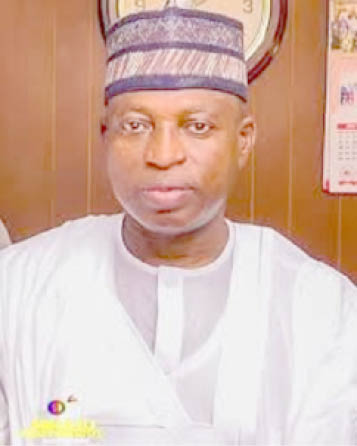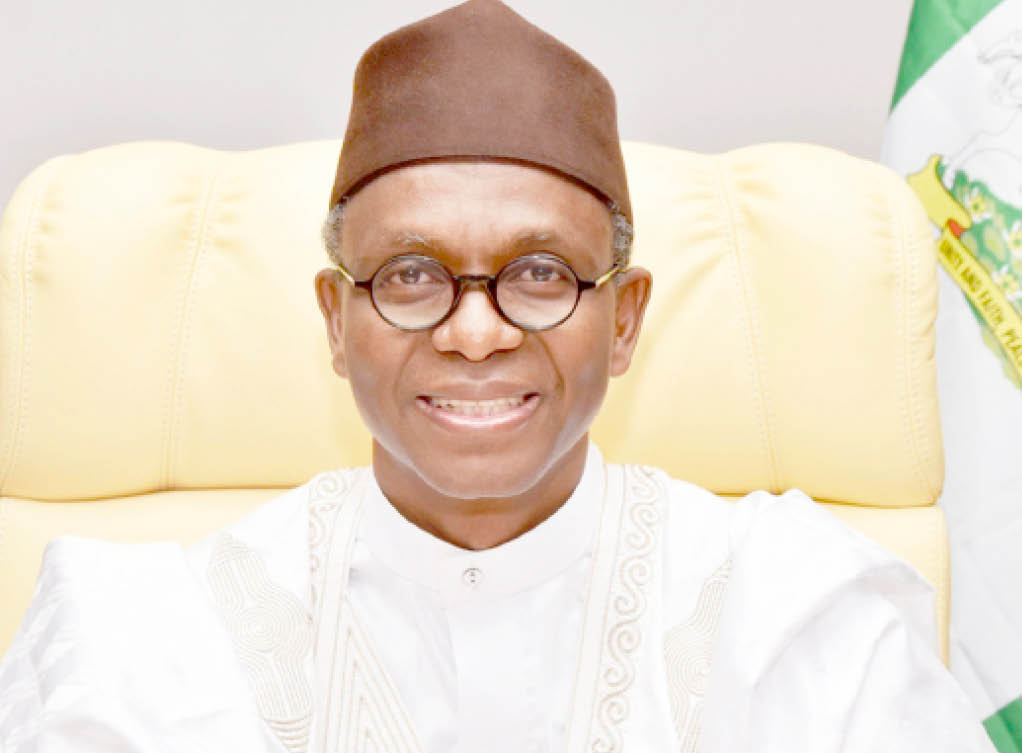 In a recent interview on a Hausa blog, former Governor Sule Lamido shared insights into the 2023 election campaigns, emphasizing how his team effectively communicated their agenda to voters. Although voters acknowledged understanding the message, they ultimately made different choices on Election Day. This anecdote illustrates a recurring theme in Nigerian politics: the unpredictability of voter behavior and the complexities of political alliances.
In a recent interview on a Hausa blog, former Governor Sule Lamido shared insights into the 2023 election campaigns, emphasizing how his team effectively communicated their agenda to voters. Although voters acknowledged understanding the message, they ultimately made different choices on Election Day. This anecdote illustrates a recurring theme in Nigerian politics: the unpredictability of voter behavior and the complexities of political alliances.
Political influencer Deji Adeyanju had similarly cautioned the Obidient movement before the 2023 elections, predicting that if Peter Obi and Atiku Abubakar pursued their ambitions separately, Asiwaju Bola Ahmed Tinubu would inevitably emerge victorious. Adeyanju faced significant backlash from Obi’s supporters at the time, yet his predictions ultimately materialized.
While there is no shame in making mistakes, the real issue lies in failing to learn from them. In reflecting on the post-election discourse, I find little evidence of genuine introspection regarding the events of 2023. Instead, there appears to be a troubling willingness to repeat—or even exacerbate—past errors, which could further benefit Tinubu in future elections.
This analysis is prompted by ongoing political discussions suggesting that an alliance between Atiku Abubakar and Peter Obi could unseat Tinubu in 2027. Advocates of this alliance argue that the northern electorate feels aggrieved and that a united front between Atiku and Obi could secure victory. However, my scrutiny of this proposition has led me to the following conclusions.
In conversations with several of my Igbo friends—some of the most vocal supporters of the Obidient movement—I sought their perspectives on a potential Atiku-Obi alliance. To my surprise, 90% expressed skepticism, questioning why the north could not support an Igbo presidency for the first time, with a northern candidate serving as vice president. They voiced frustration over the north’s insistence on retaining the top position instead of backing an Igbo candidate. While this sentiment may seem overly idealistic or nationalistic, it underscores a harsh reality: the north is unlikely to endorse an Igbo presidency at this juncture.
Moreover, recent political developments indicate a concerted effort by northern politicians to regroup and strategize against Tinubu’s re-election in 2027. However, this coalition appears to be predominantly northern, with minimal participation from the South East. Peter Obi has explicitly stated his disinterest in any power-grabbing alliances, and while figures like Chibuike Amaechi and Kayode Fayemi have been mentioned, their influence in the South South and South West remains limited. For instance, Fayemi later praised Tinubu on a televised political program, further undermining the unity of the coalition.
This dynamic raises questions about the reliability of the voting blocs Atiku and Obi would depend on in such an alliance. Atiku’s support base is primarily northern, while Obi’s strength lies in the South East. However, recent trends suggest that Obi’s minority northern supporters may have aligned with Tinubu, as evidenced by their recent statements and actions.
Nigerians need credible journalism. Help us report it.
Support journalism driven by facts, created by Nigerians for Nigerians. Our thorough, researched reporting relies on the support of readers like you.
Help us maintain free and accessible news for all with a small donation.
Every contribution guarantees that we can keep delivering important stories —no paywalls, just quality journalism.
The divergent priorities of these two groups further complicate the matter. Atiku’s supporters are mainly focused on restoring power to the north, while the Obidients are intent on securing an Igbo presidency through Peter Obi. This misalignment renders such an alliance inherently unstable. For instance, if Obi were to accept a vice-presidential candidacy, the Obidient movement might fracture, with some supporters unwilling to back the ticket. Likewise, Atiku’s northern base could splinter if the prospect of defeat becomes likely, particularly given the South East’s reluctance to settle for a vice-presidential role.
As we gaze toward the 2027 elections, the political landscape promises to be both captivating and unpredictable. The potential for miscalculations, shifting alliances, and voter unpredictability suggest that the path to victory will be anything but straightforward.
In the meantime, we can only observe, analyze, and, as the saying goes, grab some popcorn.
God bless Nigeria.
Hashim Suleiman can be reached through oneheartnaija@yahoo.com
Support PREMIUM TIMES' journalism of integrity and credibility
At Premium Times, we firmly believe in the importance of high-quality journalism. Recognizing that not everyone can afford costly news subscriptions, we are dedicated to delivering meticulously researched, fact-checked news that remains freely accessible to all.
Whether you turn to Premium Times for daily updates, in-depth investigations into pressing national issues, or entertaining trending stories, we value your readership.
It’s essential to acknowledge that news production incurs expenses, and we take pride in never placing our stories behind a prohibitive paywall.
Would you consider supporting us with a modest contribution on a monthly basis to help maintain our commitment to free, accessible news?
TEXT AD: Call Willie - +2348098788999




 1 week ago
20
1 week ago
20









 English (US) ·
English (US) ·